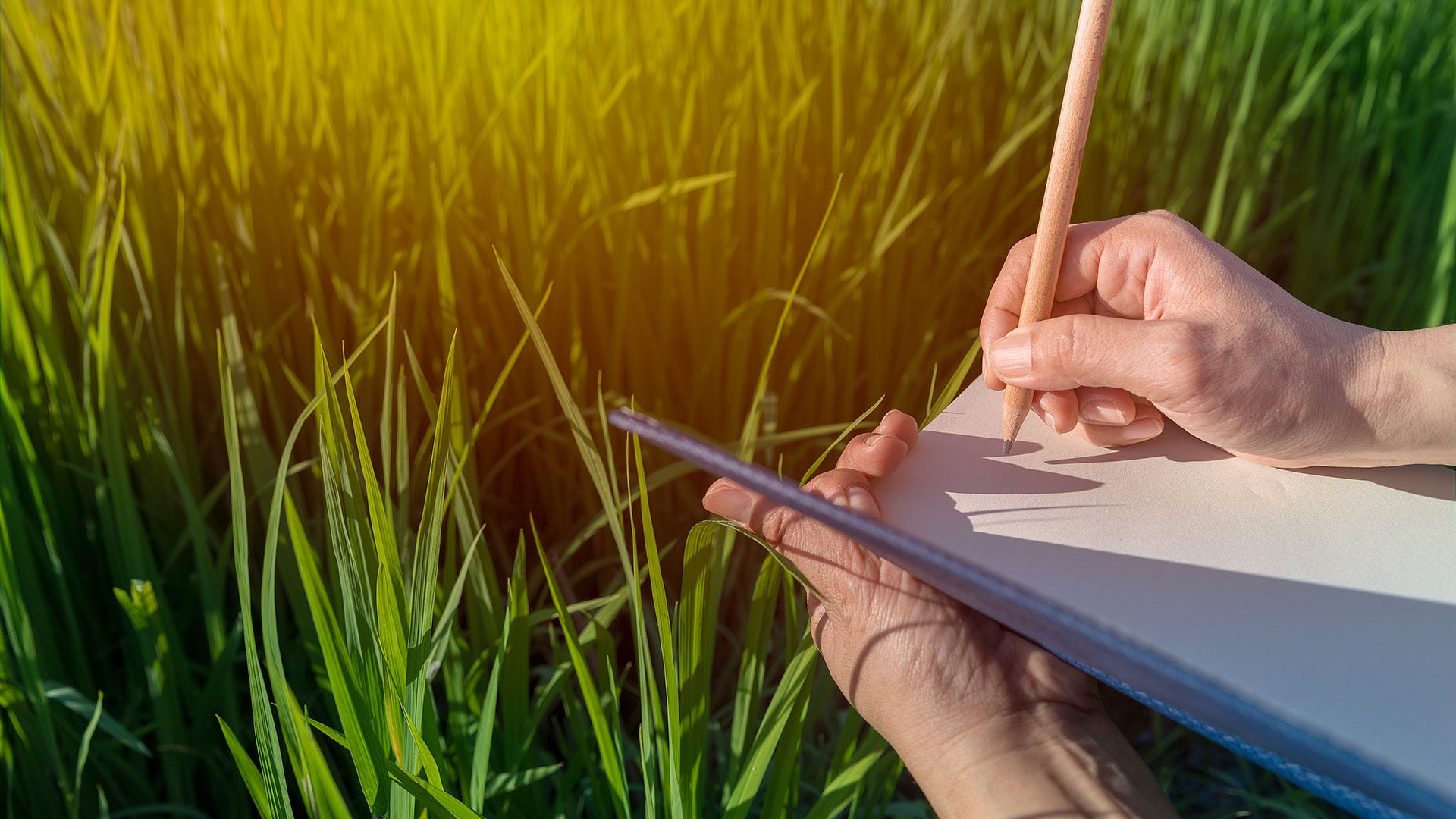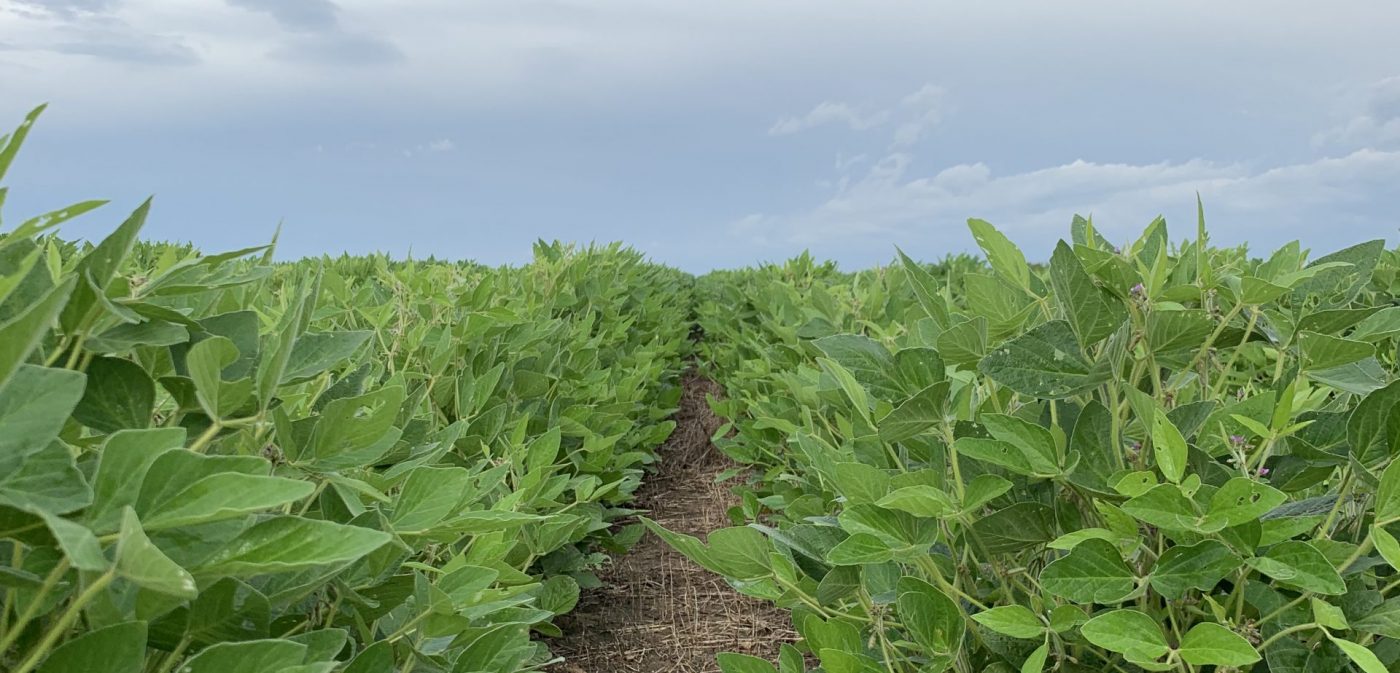
Summers Full of Agriculture Education
The past two summers have been full of learning opportunities for both me and a large handful of students. I work for a professor in the Agronomy Department at K-State. This basically means that anything he wants to do… he has an additional shadow. I’ve gotten pretty good a being a shadow to Dr. D because I help teach the Introductory Crop Science lab.
This last summer, we had a long list of things to get done and groups to teach. Each summer, Dr. D plants a Crops Garden which we later use in class for examples. We also water and weed out the Forage Nursery, a Weeds Garden, and the greenhouse. (hmm…I think I’ll do a post about these later…)
The purpose of the crops garden is to teach students and the community about different types of crops. The range of plants in the garden
During the fall semester, we take the students on a field trip to the farm and walk through maturity staging, explain the difference in determinant and indeterminant, and showing them the variety of crops used in different countries. This is always a fun trip because it gets the students out of the classroom and shows them that not all learning happens inside. Dr. D is amazing about passing out examples and making sure every student understands the new information.

One of the other really cool opportunities I was blessed to experience was helping to teach the kids from the Nicodemus Agricultural Education Camp, which is sponsored by the Kansas Black Farmer’s Association. One of the Ph.D. graduates, Dr. Tiffany Carter, led the discussion and I helped with the tour of the crops garden. This was an amazing experience to be able to teach one big group with kids from 4 to 17 with very different backgrounds than my own. The link below is from Sunflower Journey which is a PBS sponsored show. They followed the Nicodemus kids through their tours and they even showed me on TV!
https://www.pbs.org/video/3207-it-grows-in-kansas-sc2fse
As I mentioned before, we had a lot of teaching to do this past summer. We taught kids in 4-H, students in FFA, college interns and their managers, and a very excited group of middle school girls! The lab we usually teach is called Crop Improvement and Sex in Plants. This is a fun lab to teach because we pass out different types of flowers and ask them to find and count the sepals, petals, stamens, pistol and to find the ovary. After they tear apart the petunias, lilies, daisies, trip the alfalfa, and find the pistol and anthers in a wheat head… we talk about plant genetics and how cross-breeding happens.

The last part of the class brings the focus into issues that are happening in society today. Everyone has an opinion about Organic vs. Inorganic, GMO vs. non-GMO, Natural products, herbicide/pesticide applications and the list continues. There is a lot of false information about all of these topics and people don’t really understand the subject. Even kids have opinions about these hot topics and their information is mostly coming from their parents or television.
The public is the only critic whose opinion is worth anything at all.
~Mark Twain
Tying that back to agriculture: if the public is against most everything we do in agriculture… then we need to explain why wedo what we do and educate them on the topics of concern.
With that all in mind, it brings us back to Agriculture Education. I have thought about switching to Ag Ed many times but educating people about agriculture is more than just working with kids. It is a key area of focus that needs to be a priority in the school system but an education that everyone needs.
I want to wrap up with a quote that I found. Allan Savory is a Zimbabwean ecologist, livestock farmer, and president and co-founder of the Savory Institute.
Agriculture is not crop production as popular belief holds – it’s the production of food and fiber from the world’s land and waters. Without agriculture, it is not possible to have a city, stock market, banks, university, church or army. Agriculture is the foundation of civilization and any stable economy. ~Allan Savory



-
Tagged Ag Education, farm blog